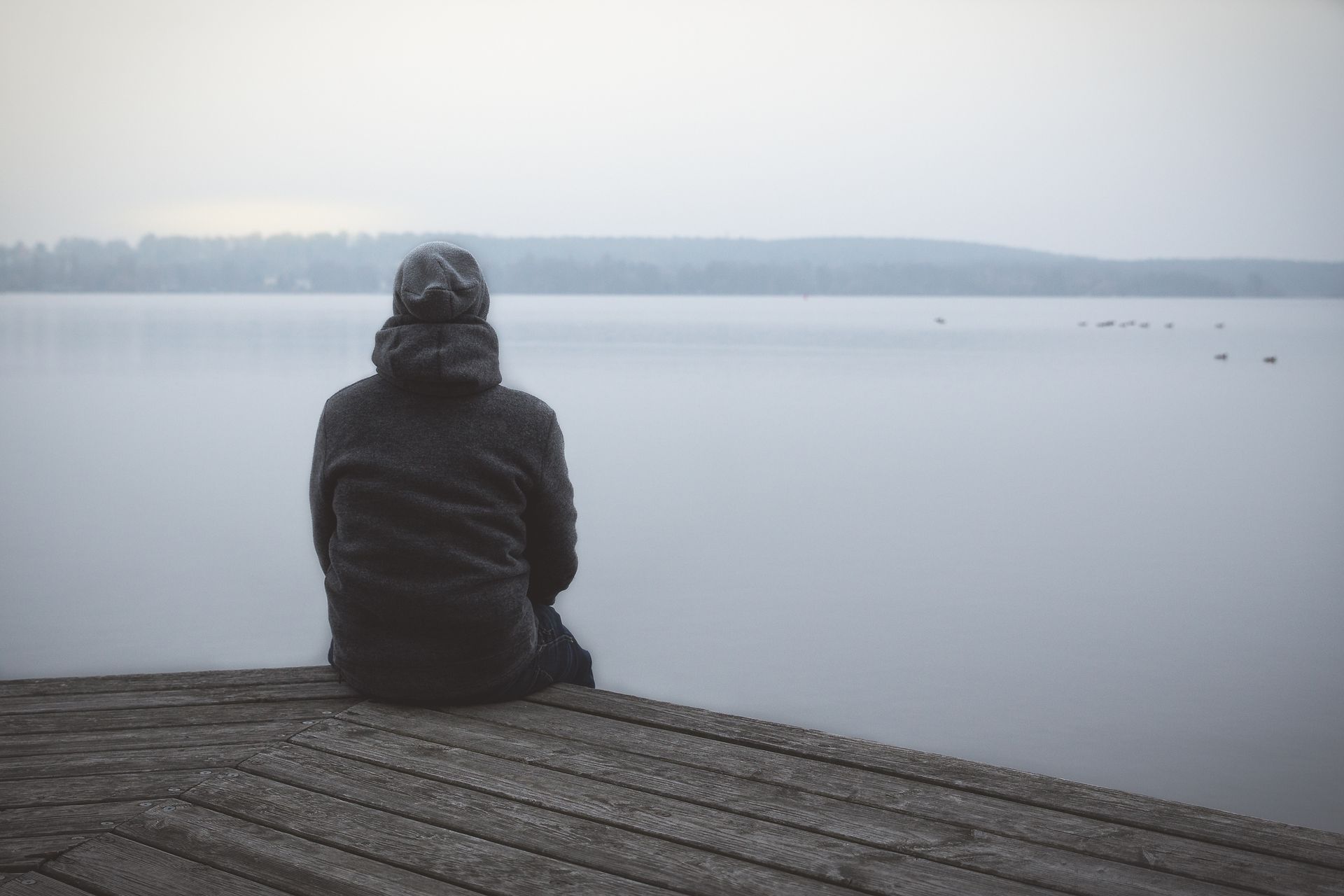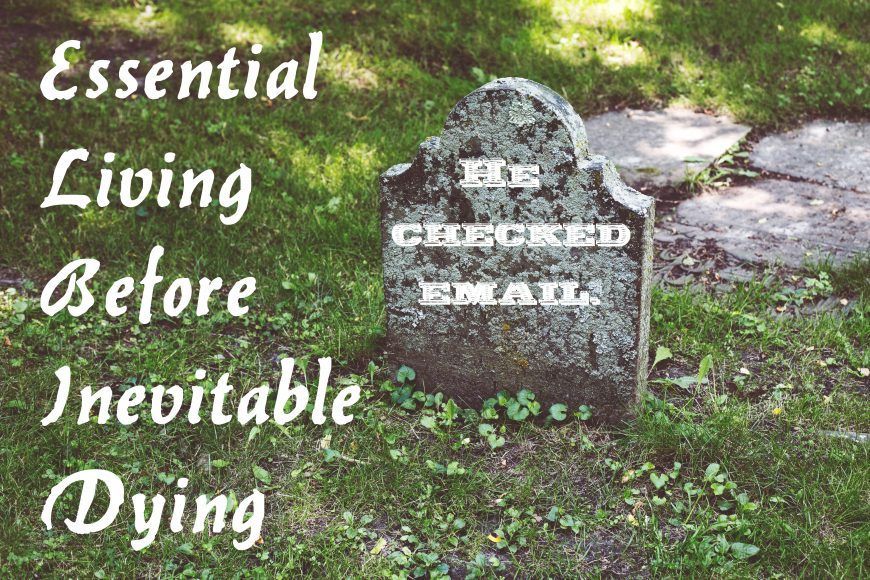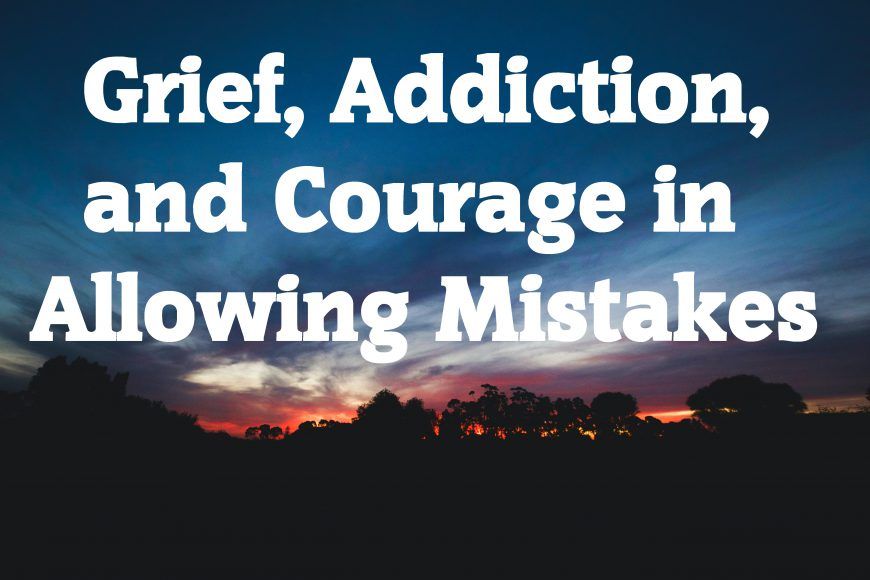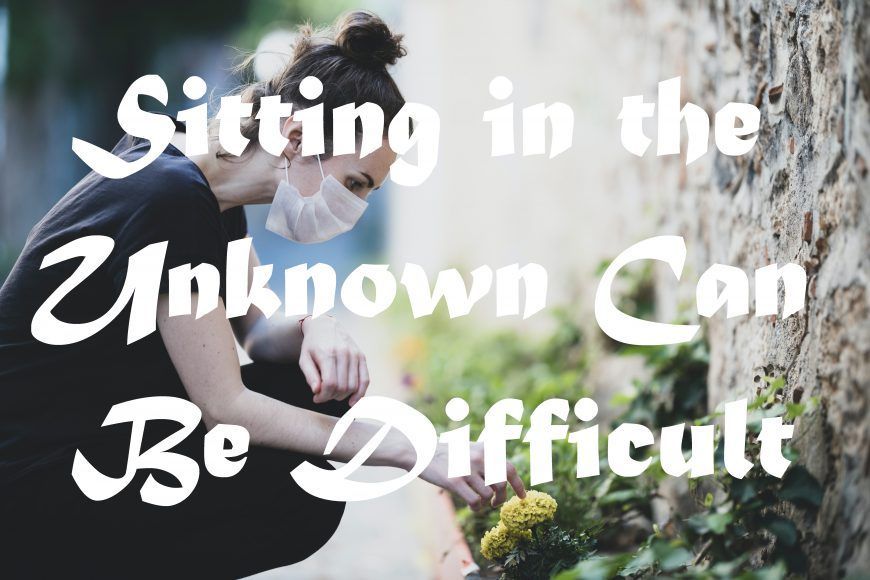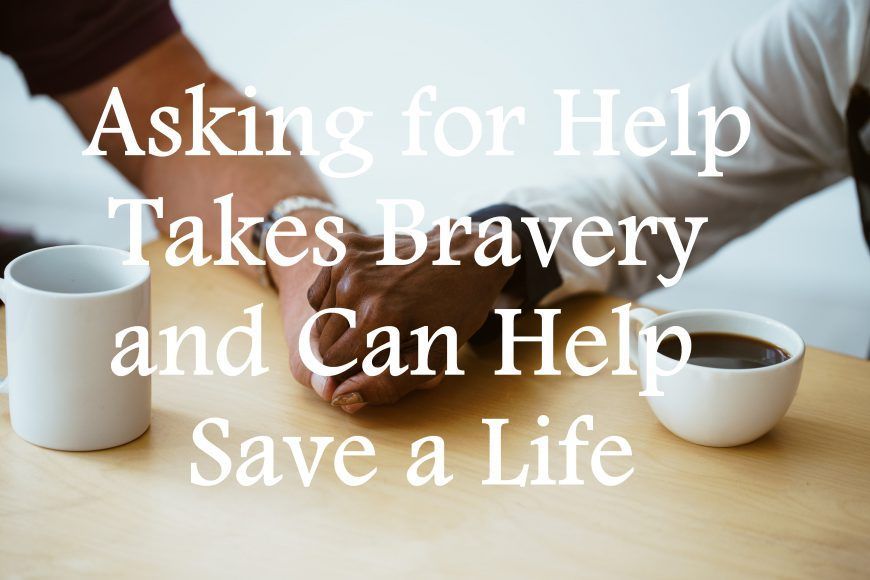Grieving Over the Holidays
The holiday season can be an especially painful time for those who have experienced the loss of a loved one. As a time of year that is marked by celebration and joy, knowing how to engage with and express your grief can be very difficult. Here are some things to do and to keep in mind to help cope with grief this holiday season.
Grieving Over The Holidays:
1. Decide which traditions you want to keep, and which you want to change.
During the holidays, certain traditions tend to remind us of lost loved ones more than others. In some cases, this can contribute to bittersweet reflection on times past; but sometimes they can be painful triggers. Be honest with yourself about which is which, and feel free to skip traditions that cause undue grief.
2. Acknowledge that the holidays will be different.
It is important to acknowledge to yourself that, following the loss of a loved one, the holidays will be forever changed in some way. They will never be exactly the same as before: a realization that may be hard to accept. However, try and keep in mind that these inevitable changes will become easier with time, and that each year will bring new memories and causes for joy.
3. Incorporate a new tradition to commemorate your loved one.
Create a new tradition to commemorate those you have lost with friends and family, or to carry out by yourself. By taking the time to think about how you want to remember your loved one, and incorporating a new practice into your holiday season, you will also be finding a way to keep their presence felt during the holidays through the preservation of their memory.
4. Be honest about what you DO & DON’T want to do.
The best way to avoid putting yourself in an unnecessarily stressful position over the holidays is by being clear and honest with friends and family about what you are comfortable celebrating. It is better to be up front about how you’re feeling and what you want to participate in than to force yourself to partake anyways to appease others. Your happiness is important, and friends and family will respect the choices you feel are best to make for yourself.
5. Don’t feel guilty about not participating!
Prioritize holiday events, and don’t feel pressured to over commit. During the holidays, we often feel obligated to participate in significantly more social activities than we normally do. If you don’t feel up to it, don’t force yourself to be!
6. Go to a grief support group.
When grieving in the midst of holiday cheer that feels as if it is around every corner, it sometimes helps to remember that you are not alone in your grief. There are many others out there who have also experienced a loss, and are trying to cope with their grief during this season. Going to a grief support group can act as a network of support during this time of year, where you can share your feelings and experiences with those who can empathize.
7. Remember it is okay to be joyful.
The holiday season is meant to be a time when we share with one another, and express our love and care for those who are important to us. Though you may be experiencing feelings of grief and loss, do not fight against feelings of happiness you may also feel during this time of sharing. When you are experiencing joy, this does not mean that you have forgotten those you have lost. Indeed, celebrating the season can in many ways be an act of remembrance and commemoration.
For More Resources, Interesting Facts And Information, Visit The Qeepr Community
